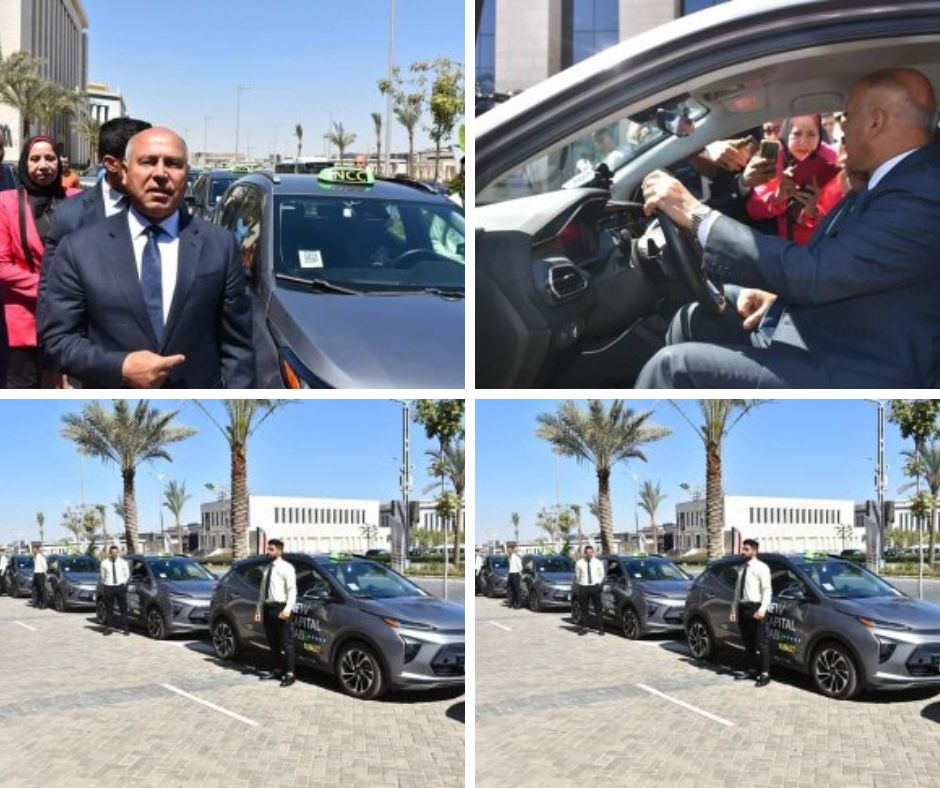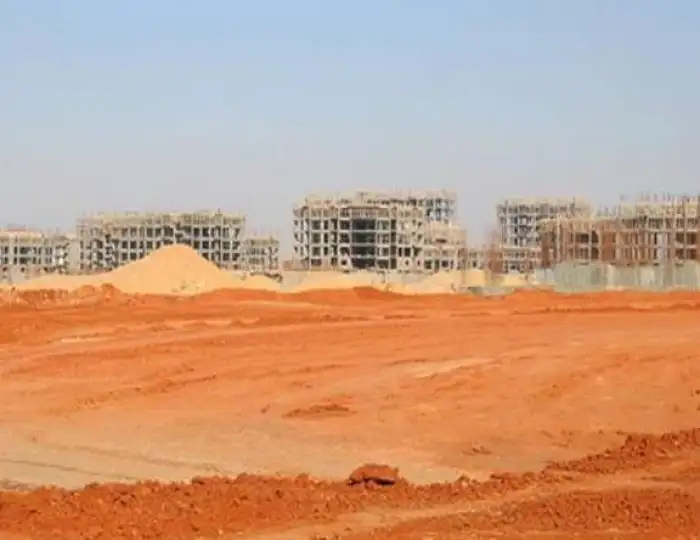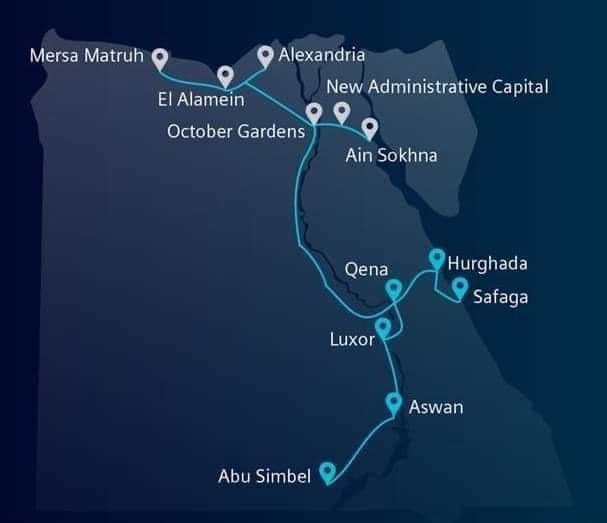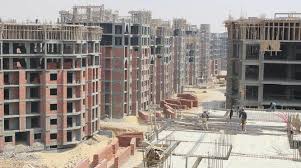This morning, Team Engineer Kamel Al-Wazir - Minister of Transport, followed the start of trial operation with passengers for the third part of the third phase of the third line (3C), which has a length of 7.1 kilometers and extends from Al-Tawfiqia station to Cairo University, passing through Wadi Al-Nil Street, the League of Arab States, and Boulaq Al-Dakrour, which includes 5 stations. There are 3 underground stations (Al-Tawfiqia, Wadi Al-Nile, and Gamaet Al-Dawal), a surface station, which is Boulak Al-Dakrour, and an overhead station, which is Cairo University LRT. The minister stressed the continued close monitoring of the movement by metro leaders and officials through the central control rooms and through the presence of facility leaders and officials inside the stations to ensure the provision of distinguished services. For the passenger audience.
The Minister of Transport stated that after the start of the trial operation with passengers for this last part of the third line this morning, the third line will have been fully operated for the public, from the giant Adly Mansour Central Interchange Station, passing through the Kit Kat, then branching north to the Rod Al-Farag axis and south to Cairo University, pointing out. This line extends for a length of 41.2 km and includes 34 stations and was implemented in four stages. It is considered the first transverse artery to connect the east and west of Greater Cairo, and it is the link between all components of the railway transport network by electric traction (the subway network - the monorail lines - the electric train). The light train exchanges passenger transport service with the first line at Nasser station, with the second line at Ataba and Cairo University stations, and with the light electric train at Adly Mansour Central Station, and is integrated with the East Nile Monorail at Stadium Station, with the West Nile Monorail at the Nile Valley Station, and with the Sixth Line. The study is being conducted at Al-Abbasiya station. This line also includes 3 Umrah workshops to maintain the mobile units operating on the line (Al-Abbasiya, on an area of 10 acres, and Imbaba, on an area of about 24 acres, in which the light Umrah of trains is carried out - Al-Salam, which is considered one of the largest workshops in the Middle East and Africa. It will be implemented on an area of 65 acres and allocated for light and major train overhaul works.
12 o'clock
PreviousPlayNext
Unmute
SettingsFullscreen
Copy video url
Play / Pause
Mute/Unmute
Report a problem
Language
Share
Vidverto Player
The Minister of Transport stressed the great importance that the Egyptian government, represented by the Ministry of Transport, attaches to completing the metro network, within the framework of the Ministry’s comprehensive plan to establish a network of green, sustainable, and environmentally friendly mass transportation in implementation of presidential directives, pointing to the great importance of the metro lines in reducing traffic pressure on the streets. And Cairo's axes, reducing pollution and travel time, as the metro is the best and fastest means of mass transportation operating within Greater Cairo.
The Minister thanked the people of the areas surrounding the project, which witnessed the closure of some streets during implementation, stressing that these areas will witness great traffic flow after it is experimentally operated with passengers in the middle of this month due to the metro attracting a large number of citizens, adding that the work of restoring the object to its origin has been carried out in all the streets that were affected. Implementation work will be carried out immediately upon completion of the work in order to serve the movement of citizens in the region.
In the same context, the Minister witnessed the start of the trial operation this morning for the first phase of electric cars, with the number of 10 electric cars (taxis) inside the Administrative Capital to serve citizens and visitors to the New Administrative Capital, out of a total number of 145 electric cars that will be operated successively inside the New Administrative Capital (number 60). Chevrolet Bolt - 85 MG4 cars.
The Minister confirmed that for the first time electric cars (taxis) are being operated in Egypt, as today we are operating the first taxi in the capital to provide a distinguished, clean, safe and comfortable service to passengers, pointing out that the cars that were operated are at the highest level in terms of passenger safety, as the cars are monitored by electronic cameras from the inside. And abroad, and GPS positioning devices, and I am in constant contact with the central control room within the Arab Union Company (Super Jet). In addition, it is an environmentally friendly electric car that has no sound or exhaust emissions and is driven by highly trained drivers to provide distinguished service to the public of passengers.
The Minister also indicated that these cars that are being operated are owned by a company affiliated with the Ministry of Transport and the Capital Company, and that this goes in parallel with encouraging private sector companies and maximizing their role in this field in order to compete in providing the highest levels of service to the public of passengers. We compete with the private sector in providing distinguished service to the passenger. We do not cancel his role, but rather magnify it.
It is worth noting that booking this electric car is available through the smart application for the New Capital Cab mobile phone, which was launched today to coincide with the start of the trial operation of the cars, and that there is the possibility of paying in two ways, either by credit card or cash. There is also a hotline 19157 to receive Complaints and suggestions from passengers to provide the highest level of service and luxury.
This is also the second means of transportation that will operate within the capital after Acta buses. They will be followed later by the East Nile Monorail, which passes through 8 stations in the Administrative Capital, as well as the third phase of the light electric train (LRT), which passes through 7 stations within the Administrative Capital to complete the transportation system planned for the capital by means of transportation. Smart, green, sustainable, it increases with the increase in population and is integrated with other means of transportation leading to the capital from all parts of the Republic in order to provide the highest levels of service to the passenger public.






